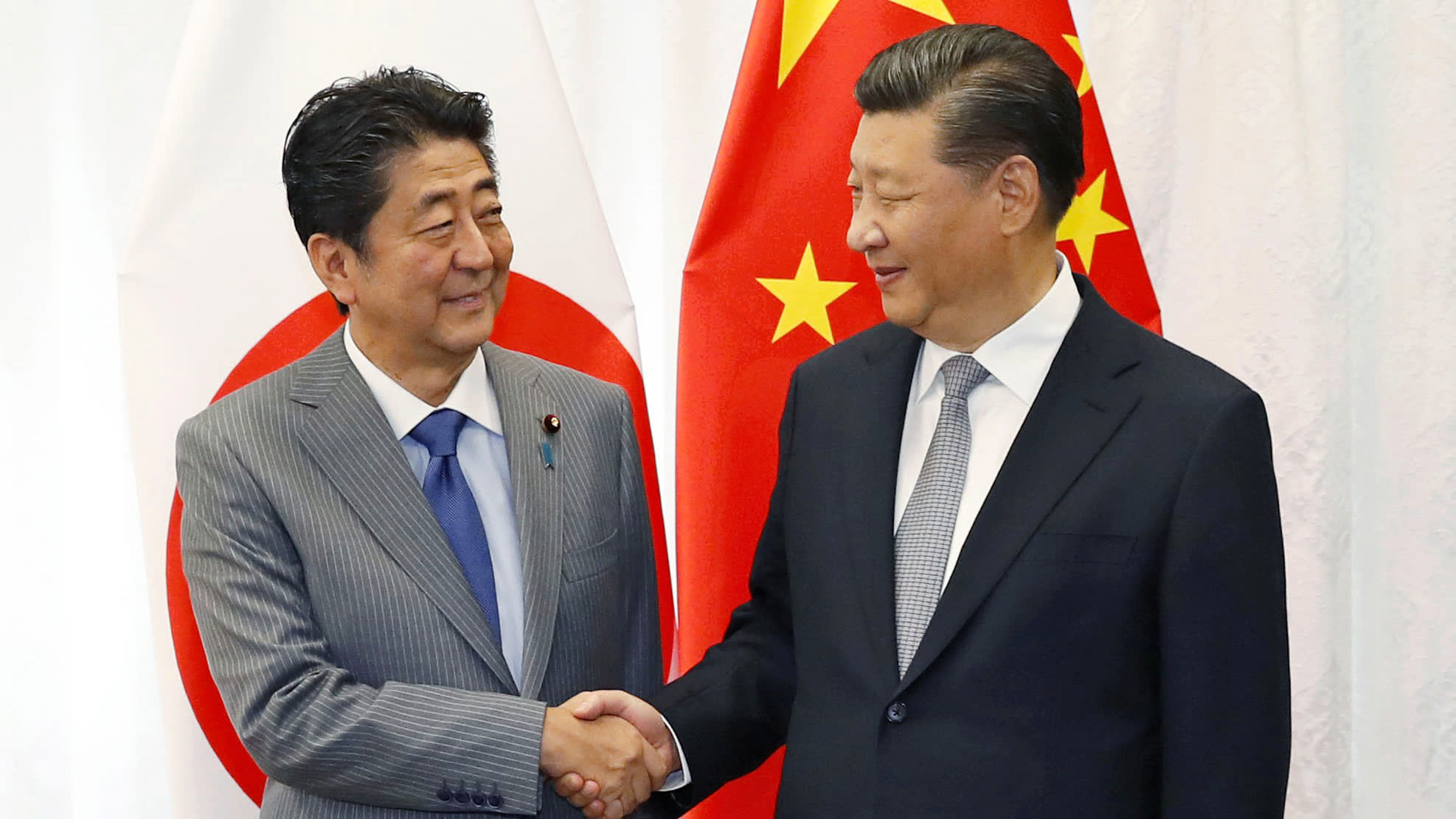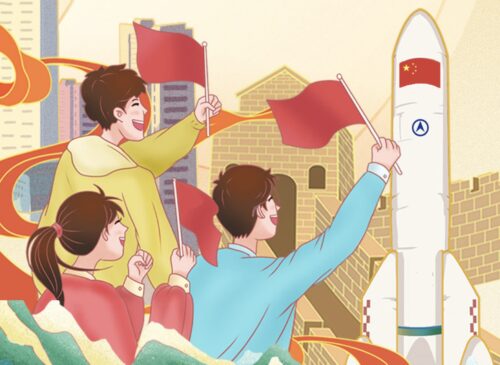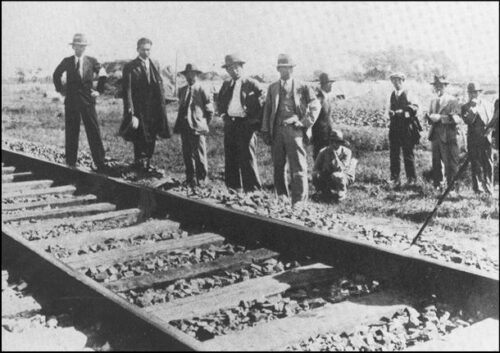Shinzo Abe in Beijing: The most significant China-related event this fall?

In the last decade, the nadir of relations between China and Japan was August and September 2012, when anti-Japanese demonstrations in several cities in China turned violent. The Japanese Embassy and consulates were attacked, as were many Japanese companies operating in China, and even Chinese people who owned Japanese cars.
At the time, I lived around the corner from the Japanese Embassy in Beijing. Cycling past the angry demonstrators — whose presence was facilitated if not organized by the government — I began for the first time seriously contemplating the possibility of war between China and Japan.
Which is why news of Japanese Prime Minister Shinzo Abe’s upcoming visit to China is remarkable. Evan Feigenbaum, former heavy-hitting diplomat and now vice chair of the Paulson Institute, tweeted about the visit:
Possibly the most significant China-related event this fall. Abe appears to me to have an actual strategy — something the US used to excel at. And it’s a pretty good one. It’s also an opportunity for him to stake out a more autonomous Japanese posture.
Feigenbaum links to a useful primer on the bilateral relationship in the Japan Times: Ahead of Abe’s visit to Beijing a look at Japan-China ties through the years. The article notes that the visit includes “the first formal summit between the two countries’ leaders since 2011 and comes as they mark the 40th anniversary of the signing of the Treaty of Peace and Friendship.”
For more on the global ramifications of Abe’s visit and how Japan’s relations with China have been closely connected to America’s positions since WWII, read Richard McGregor’s book Asia’s Reckoning: China, Japan, and the Fate of U.S. Power in the Pacific Century. You can aslo listen to our Sinica Podcast interview with McGregor.






